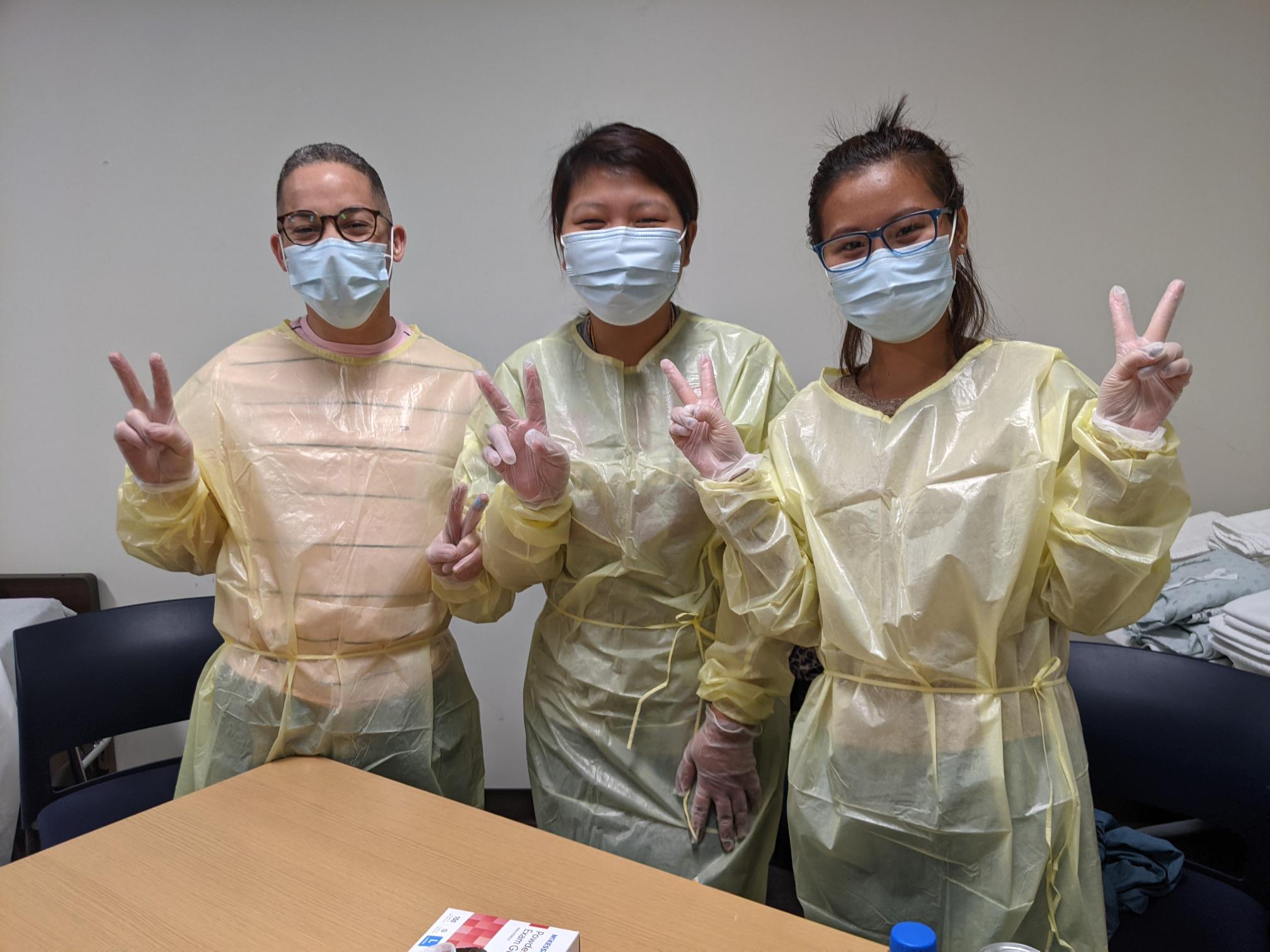LEO awards over $1M to Literacy Center to support workforce development initiative

WEST MICHIGAN – Today, the Michigan Department of Labor and Economic Opportunity (LEO) announced more than $1 million of the $15 million MI Impact Grant program was awarded to Literacy Center of West Michigan. The grant, made available to Michigan’s large nonprofits who provide programming to lift people out of poverty, will allow the nonprofit to expand employment and training services to build a more skilled workforce in Kent County.
“No one should have to choose between paying rent and putting food on the table for their families,” said Gov. Gretchen Whitmer. “The MI Impact Grant provides several of Michigan’s largest nonprofits with funds to make a meaningful and direct impact in their communities. We remain committed to assisting individuals living in poverty and ensure Michigan families have access to the support they need.”
The Literacy Center of West Michigan was among 10 large nonprofits receiving one-time grant funds of up to $2 million to create or expand programming that lifts Michiganders out of poverty. The grant program prioritized partnerships with larger nonprofits that share the state’s commitment to providing services that help lift Michigan residents out of poverty and above the ALICE (Asset Limited, Income Constrained, Employed) threshold.
“These funds will allow 10 large nonprofits to uplift the communities they serve and strengthen Michigan’s nonprofit ecosystem,” said LEO Director Susan Corbin. “We are proud to deliver on our mission to close equity gaps and remove barriers to economic prosperity.”
The Literacy Center of West Michigan was awarded $1,121,950 to expand their employment and training services to more newcomers in Kent County. The nonprofit currently provides programming to 1,100 adults annually. The MI Impact Grant will allow the nonprofit to support 200 newcomers with a goal of building a skilled workforce through Integrated Education and Training (IET) programs that combine English language instruction and technical training. The Healthcare Talent for the Future program primarily trains participants to become a certified nursing assistant (CNA), pharmacy technician, phlebotomist and offers medical coding. Each participant is eligible for childcare and will receive a full-time salary during training at Corewell – once they receive a credential, participants are eligible for higher paying opportunities.
“Removing barriers to workforce development training is absolutely essential if we want to create paths out of poverty,” said Dr. Wendy V. Falb, executive director for the Literacy Center of West Michigan. “The Literacy Center is excited to lead this collaboration with Corewell Health, GRCC, and WMCAT to demonstrate the success possible with this level of barrier removal. This will be a game changer not just for our participants, or for our healthcare system, but for our region and our state.”
The MI Impact Grant program, aimed at addressing disparities that affect Michiganders’ abilities to afford necessities such as housing, child care, food, health care and transportation, plans to lift 100,000 families out of working poverty during the next five years.
The funding is supported through the American Rescue Plan Act, Coronavirus State and Local Fiscal Recovery Funds (SLFRF) with a goal to build a strong, resilient and equitable recovery by making investments that support long-term growth and opportunity. $50 million in funding will be provided to support nonprofits who have been negatively impacted due to the pandemic. The funding will be distributed through two separate programs, with a $35 million relief fund made available to smaller nonprofits earlier this year. Nonprofits were eligible to receive either the MI Nonprofit Relief Fund or the MI Impact Grant, not both. The grant also supports the recommendations of the Michigan Poverty Task Force, whose goal is to address the disparities that affect Michiganders’ abilities to afford necessities. To learn more about their work and view a full list of grant awardees, visit the Michigan Poverty Task Force’s nonprofit webpage.
Please note: this release was prepared by the Michigan Department of Labor and Economic Opportunity